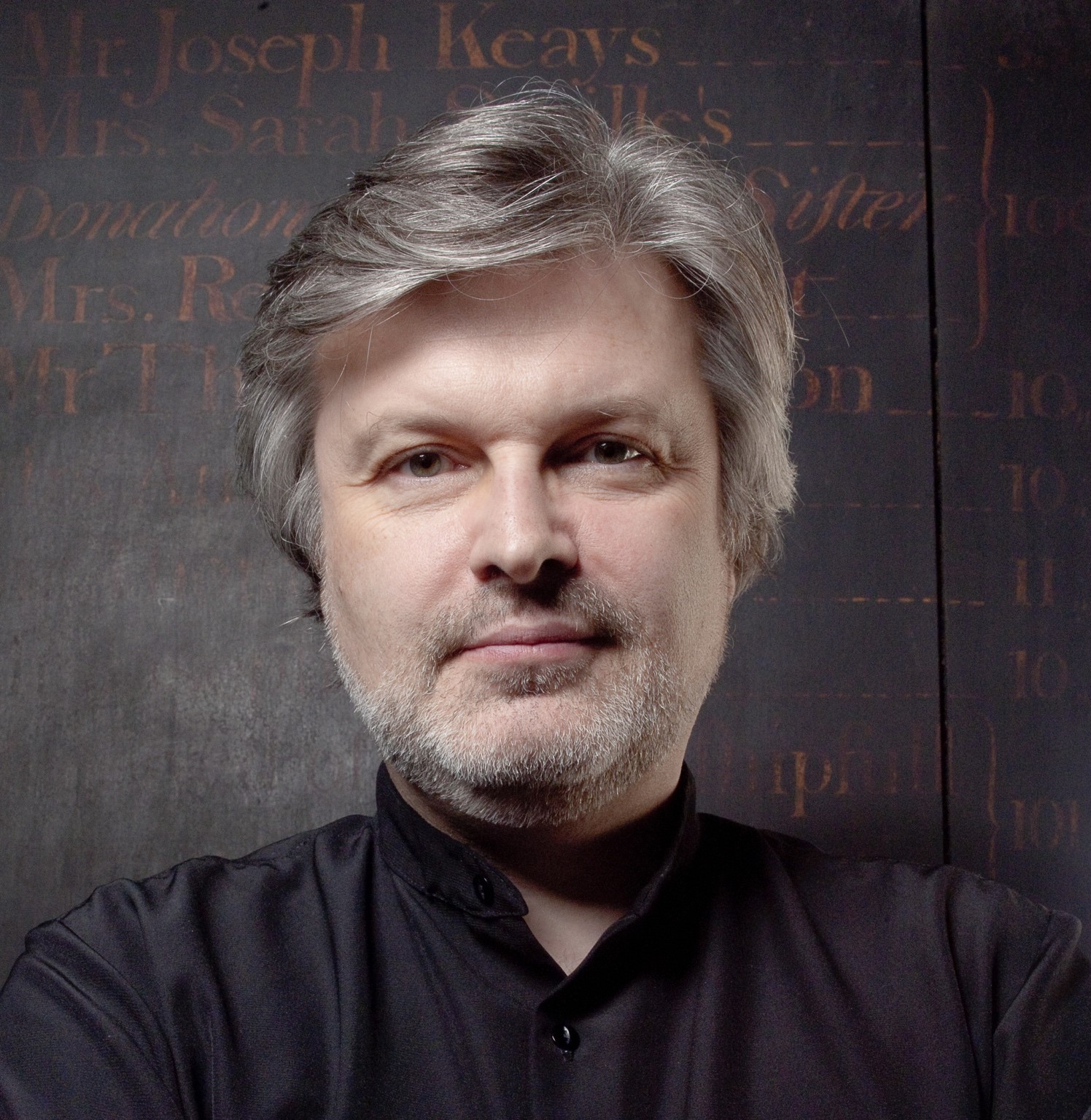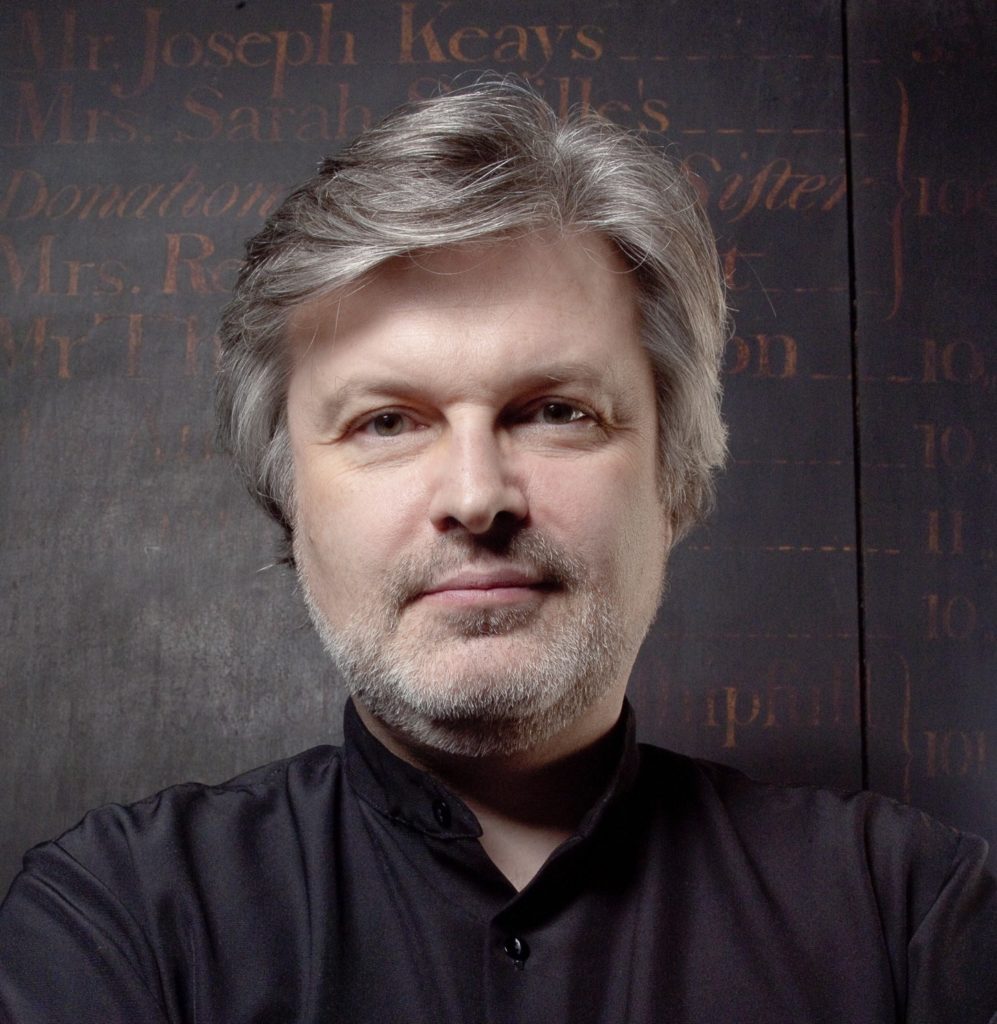The BBC has commissioned a second series of Sir James MacMillan’s BBC Radio 4 series ‘Faith in Music’. With a combination of interviews and music, the programme asks important questions about composers from across the long-standing dialogue between religion and music, such as ‘What did these composers actually believe about God, faith, compassion, an afterlife and redemption? And do we need to share these beliefs in any way, to have a spiritual experience as listeners to their music?’.
In the first series, MacMillan considered the faith and music of four very different composers who together span multiple generations of spiritual and musical development: Thomas Tallis, Richard Wagner, Edward Elgard, and Leonard Bernstein. The second series will consider a further array of composers, whose marriage of spirituality and song still fascinates and challenges audiences today.
As Professor of Theology and Music in the School of Divinity, Sir James MacMillan has been instrumental in the development of TheoArtistry, a project which drew on the Institute for Theology, Imagination and the Arts’s highly interdisciplinary research to put questions of faith and theology back into public discourse about classical music. Founded in 2015 by Dr George Corbett, the TheoArtistry project offers a more flexible approach to creative collaborations between theologians and composers that does not limit access based on personal faith or lack thereof. This diverse and collaborative space has led to a remarkable creative output, including six new choral works and a theologically informed CD recording, as well as a new volume of poetry published by Talpsalteerie.
A new TheoArtistry scheme has been launched in 2021, which promises to expand the collaborative benefits of the scheme into the visual arts. The Text&Image Collaborations, co-ordinated by Dr Nicole Ruta, explore the relationship between the written word and visual artistry, particularly within spiritual works. The project, which will soon launch its call for artists, promises to provide new insights into the role played by text in visual art, and the continued legacy of written artefacts of faith in visual art today.


